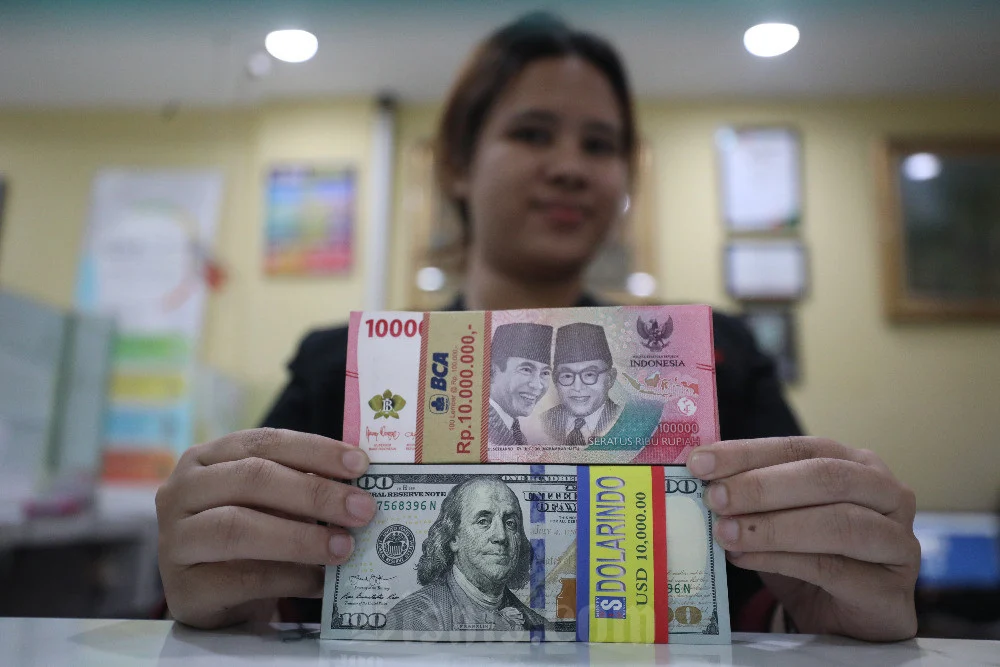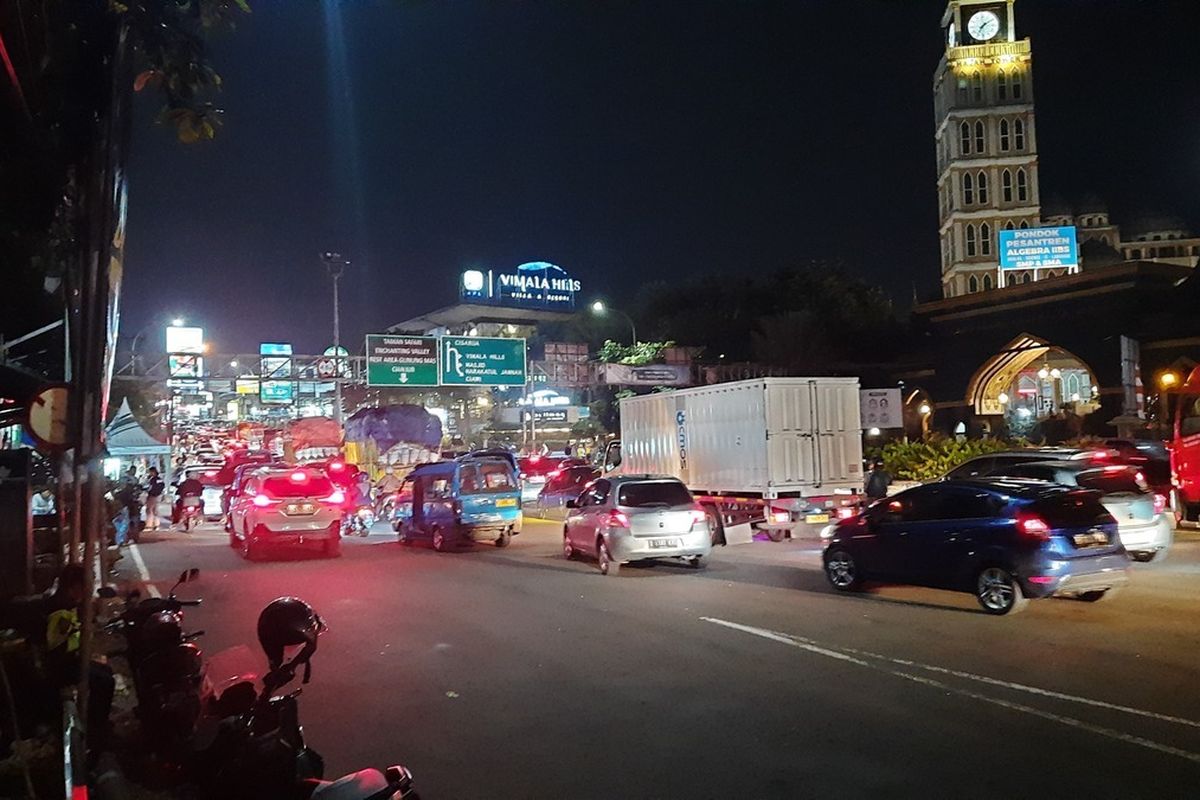
The US dollar holds a significant place in the global economy, and its exchange rates can impact countries far and wide. In Indonesia, residents and businesses alike closely monitor these fluctuations. Whether you’re planning to travel, invest, or simply want to understand your financial landscape better, staying updated on the US dollar’s exchange rate is essential.
Today marks March 27, 2025 a day when many are curious about how their local banks stack up against the mighty greenback. Institutions like BCA, BRI, Mandiri, and BNI play pivotal roles in determining how much your money is worth compared to this powerful currency. But knowing today’s figures is just one piece of the puzzle; understanding what influences those rates can help you make more informed financial decisions. Join us as we delve into today’s exchange rates for major Indonesian banks while exploring the factors at play behind them. This guide aims to equip you with insights that could save you money or maximize your investments in an ever-changing economic landscape.
Overview of Today’s Exchange Rates for BCA, BRI, Mandiri and BNI
As of March 27, 2025, the exchange rates for the US dollar at major Indonesian banks show slight variations. BCA offers a competitive rate at IDR 15,200 per USD. This bank remains a popular choice among locals and expatriates alike. BRI follows closely with an exchange rate set at IDR 15,250 per USD. Known for its extensive network across Indonesia, BRI is convenient for many customers seeking to convert currency.
Mandiri provides a slightly higher rate today at IDR 15,300 per USD. With their robust online banking system, exchanging money has never been easier. BNI stands firm with an exchange rate of IDR 15,280 per USD. Their reliable service continues to attract those looking to engage in foreign transactions effortlessly. Each bank presents unique advantages depending on customer needs and preferences.
Factors Affecting US Dollar Exchange Rates in Indonesia
The US dollar exchange rates in Indonesia are influenced by a variety of factors. Economic indicators play a significant role, including GDP growth, inflation rates, and employment statistics. When Indonesia’s economy is strong, the value of its currency tends to rise against the dollar. Political stability also affects exchange rates. A stable government attracts foreign investment, which can boost demand for the Indonesian rupiah. Conversely, political turmoil can lead to uncertainty and depreciation.
Additionally, global market trends impact currency values. Changes in oil prices or trade relationships with other countries directly influence investor confidence in both currencies. Central bank policies are another critical factor. Decisions made by Bank Indonesia regarding interest rates and monetary policy can either strengthen or weaken the rupiah against the US dollar. External economic events like financial crises or shifts in international relations may create volatility that further affects exchange dynamics between these two currencies.
Tips for Getting the Best Exchange Rate
When seeking the best US dollar exchange rate, timing is crucial. Monitor market trends and fluctuations closely. Rates can change daily based on various economic factors. Consider exchanging currency online or at local banks instead of airports. Online platforms often provide better rates with lower fees, giving you more bang for your buck.
Don’t hesitate to negotiate if you’re exchanging large amounts in person. Some dealers may clickhunk.com offer more favorable rates for bulk transactions. Additionally, keep an eye out for promotions from banks like BCA or Mandiri that might enhance their offerings temporarily. Always check multiple sources before making a decision. Comparing rates across different providers ensures you get the most competitive deal available today.
Impact of US Dollar Exchange Rates on the Indonesian Economy
The US dollar exchange rate plays a crucial role in Indonesia’s economy. Fluctuations can significantly impact import and export prices, affecting businesses across various sectors. A strong dollar makes imports more expensive. This scenario puts pressure on local consumers as the cost of goods rises. Everyday items such as electronics and fuel often see increased prices due to this dynamic.
Conversely, a weaker dollar could boost Indonesian exports. Local products become cheaper for foreign buyers, potentially increasing demand. This shift helps stimulate economic growth and job creation in key industries like agriculture and manufacturing. Additionally, the exchange rates influence investment flows into the country. A stable or favorable rate can attract foreign investors seeking opportunities in Indonesia’s developing market landscape. Understanding these trends is essential for navigating financial decisions within both personal finance and business strategies throughout Indonesia.
Future Predictions for US Dollar Exchange Rates in Indonesia
Looking ahead, predictions for US dollar exchange rates in Indonesia remain a subject of keen interest. Several analysts anticipate fluctuations influenced by the global economic landscape. Factors such as inflation rates, trade balances, and geopolitical tensions could play significant roles. Market sentiment is also crucial. As investors gauge the stability of the US economy versus Indonesia’s growth prospects, shifts in demand for dollars may emerge. This dynamic can lead to unexpected changes in exchange rates.
Moreover, central bank policies will be pivotal. Decisions made by Bank Indonesia regarding interest rates might either strengthen or weaken the rupiah against the greenback. Technological advancements are expected to influence trading practices too. Digital currencies and fintech solutions may alter how traders approach currency exchanges moving forward. All these elements create an intricate tapestry that will shape future trends in USD exchange rates within Indonesia’s vibrant economy.
Conclusion
The US dollar exchange rates play a crucial role in Indonesia’s financial landscape. As of March 27, 2025, individuals and businesses alike are keenly interested in the values offered by major banks such as BCA, BRI, Mandiri, and BNI. Understanding these rates is vital for making informed decisions regarding travel, investment, or purchasing foreign goods.
As you navigate through different options for currency exchange today, consider the factors that influence these rates. Political stability and economic policies can sway how the Indonesian rupiah performs against the US dollar. Keeping an eye on global trends will also help you anticipate fluctuations. For anyone looking to secure favorable rates when exchanging dollars in Indonesia, timing can be everything. It’s beneficial to monitor shifts frequently and consult reputable sources before making any transactions.





